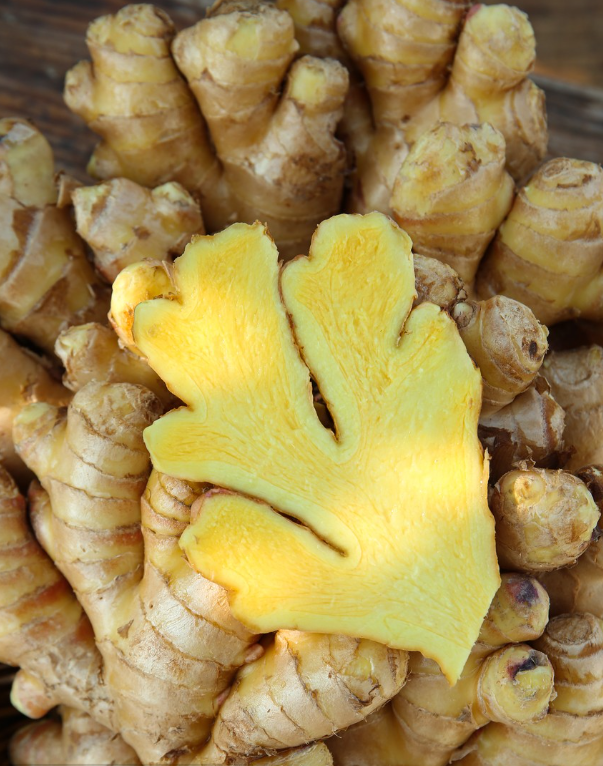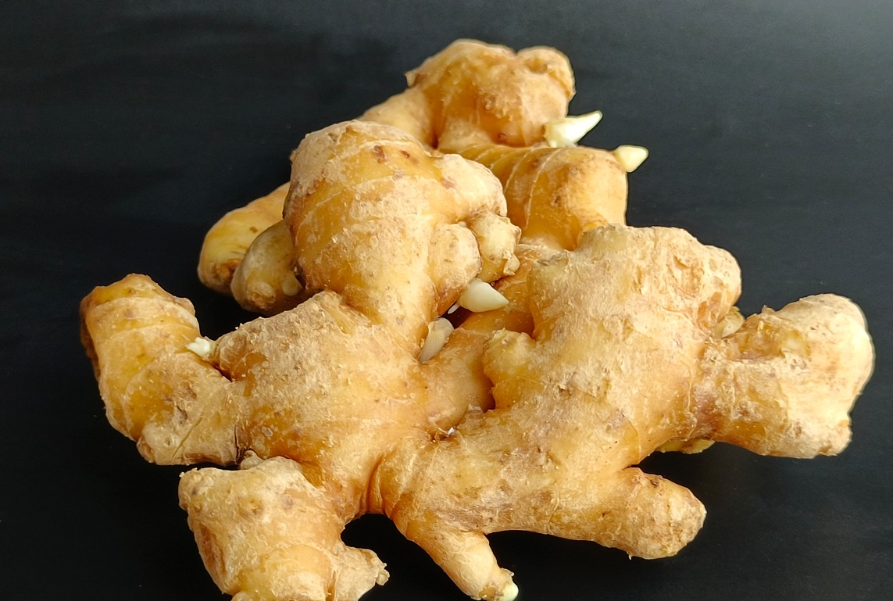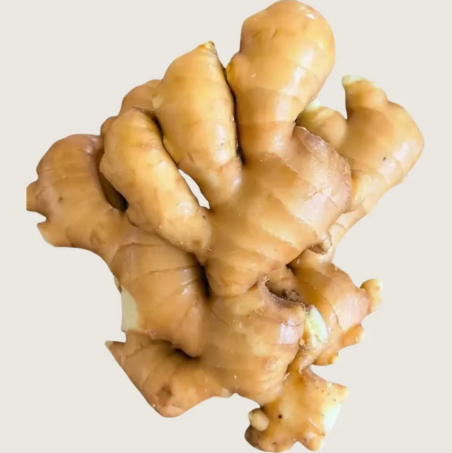
In the food and health industries, organic fresh ginger has emerged as a highly versatile ingredient. Its application spans multiple fields, including cooking, the production of health drinks, pickling processes, and essential oil extraction. This article delves into the various uses of ginger and explores its practical value.
Ginger plays a crucial role in enhancing the flavor of different cuisines. In Asian cuisines, such as Chinese, Japanese, and Korean, ginger is a staple ingredient. For example, in Chinese stir - fries, adding a small amount of freshly grated ginger can significantly enhance the umami flavor of the dish. It can also be used in marinades for meats, effectively removing the fishy or gamey smell. In Japanese cuisine, pickled ginger (gari) is often served with sushi, providing a refreshing and palate - cleansing taste. According to a survey, about 70% of Asian households regularly use ginger in their daily cooking.

In Western cuisines, ginger is also gradually gaining popularity. It can be added to baked goods like gingerbread, imparting a warm and spicy flavor. In soups and stews, ginger can add a unique depth of flavor. For instance, ginger - flavored pumpkin soup has become a favorite in many cafes during the autumn and winter seasons.
Ginger is well - known for its health benefits, which makes it a popular ingredient in health drinks. Ginger tea is a classic example. It can help soothe an upset stomach, relieve nausea, and boost the immune system. A study has shown that consuming ginger tea regularly can reduce the incidence of colds by about 30% in cold - prone individuals. Ginger can also be combined with other ingredients like lemon and honey to create more delicious and nutritious drinks.

The pickling process is another great way to preserve and utilize ginger. Pickled ginger has a longer shelf - life and a unique sour and spicy taste. In traditional Chinese pickling methods, ginger is pickled with vinegar, sugar, and salt. This pickled ginger can be used as a condiment for noodles, dumplings, or simply eaten on its own. In Korea, ginger is often pickled along with other vegetables like radishes and cucumbers, creating a colorful and flavorful side dish.
Ginger essential oil is highly valued for its health - promoting and aromatic properties. The extraction process can be carried out using natural and organic methods, which are suitable for home and small - scale production. One common method is steam distillation. In this process, fresh ginger is first crushed and then subjected to steam. The steam carries the volatile components of ginger, and after condensation, the essential oil is separated from the water. The yield of ginger essential oil through steam distillation is approximately 1 - 3%.

Ginger essential oil has many health benefits. It can be used in aromatherapy to relieve stress and anxiety. It also has anti - inflammatory and antibacterial properties, which can be applied in the field of skin care.
Our company offers high - quality organic fresh ginger throughout the year. With its multi - functional application scenarios, it can fully meet the needs of different users, whether you are a home cook, a product developer, or an essential oil enthusiast. We encourage you to share your experiences and knowledge about ginger use, and we believe that together we can explore more innovative applications of ginger.